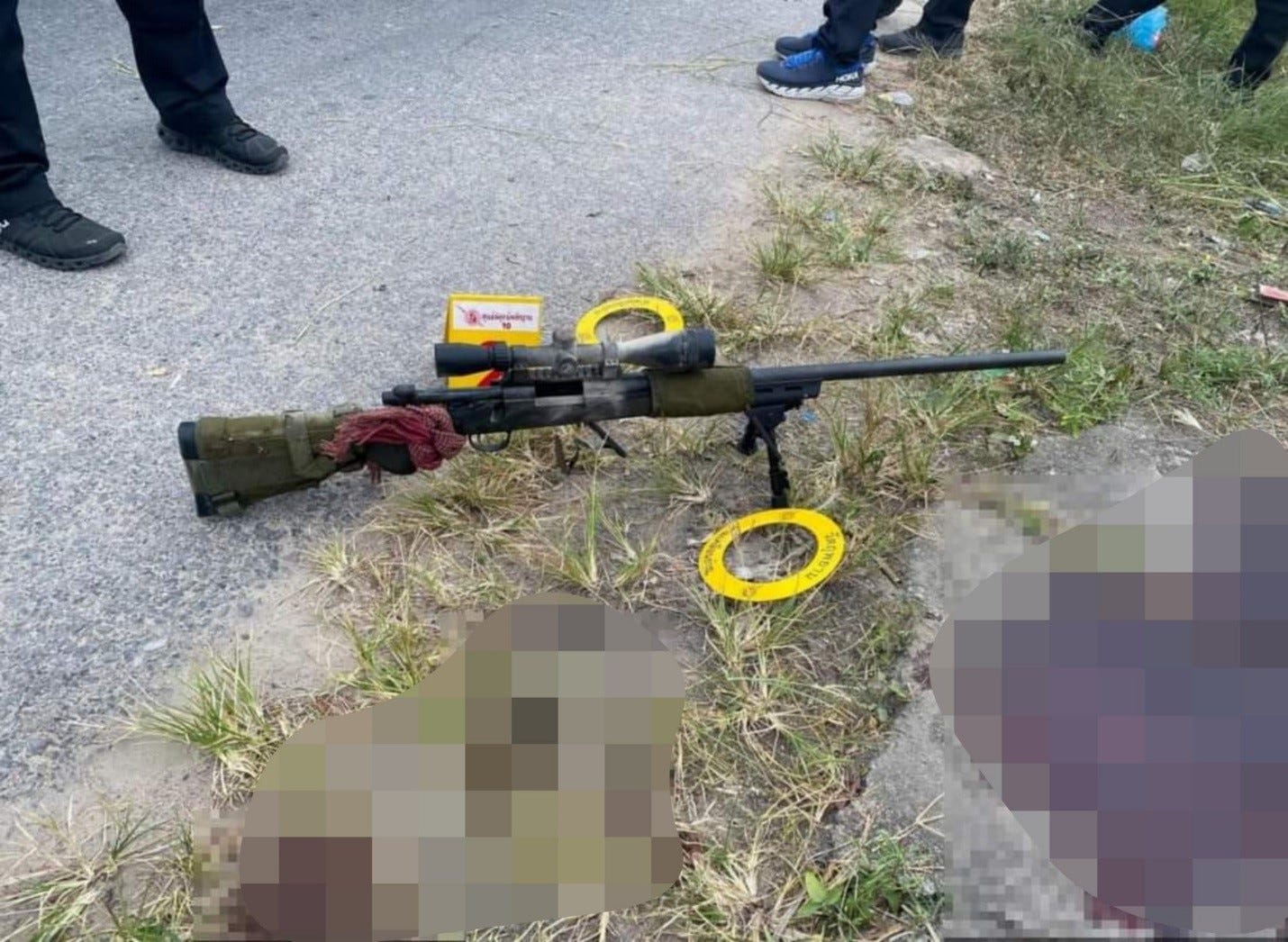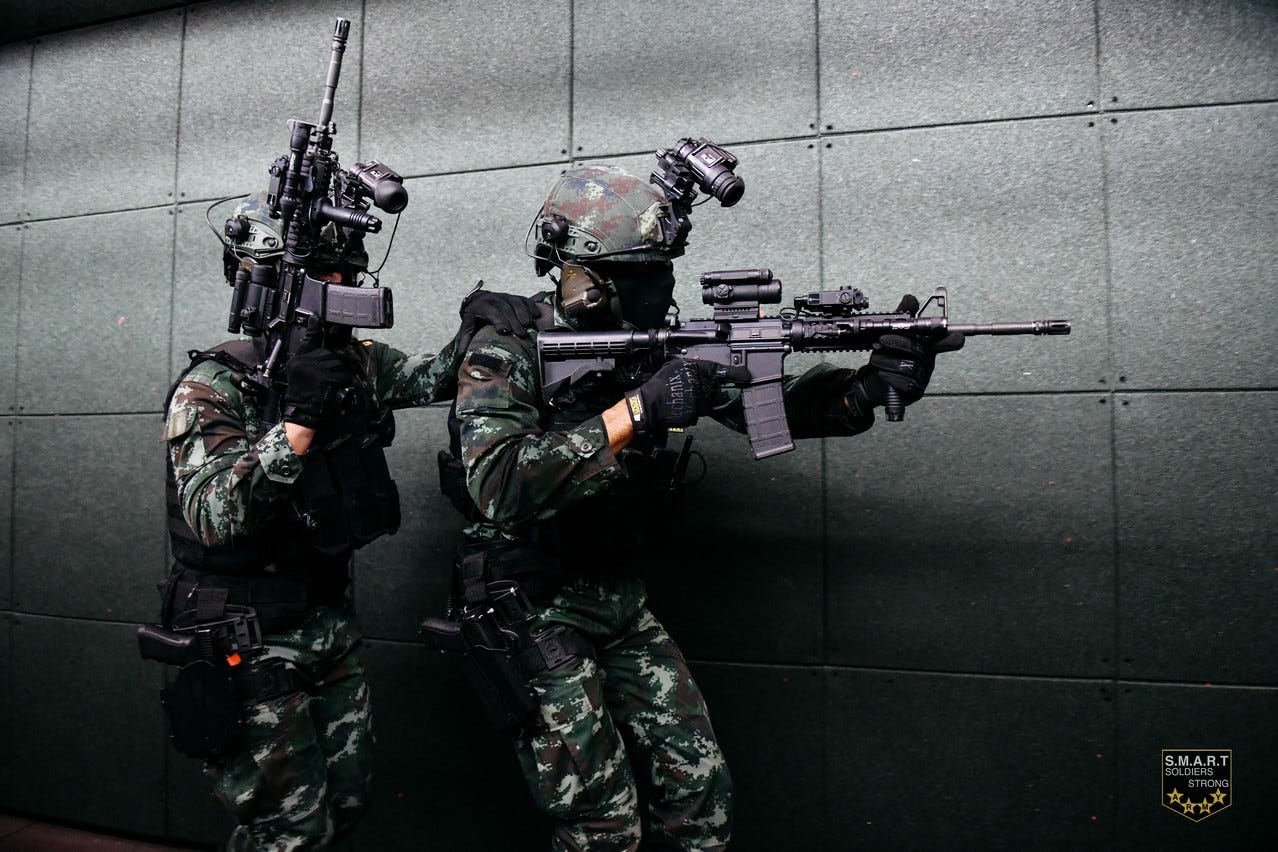Thailand’s Deep South Conflict: Current State of Peace Talks and the Islamist Insurgency
In recent weeks, there has been a degree of renewed hope for a resolution to the Deep South conflict in Thailand. Malaysia appointed Zulkifli Zainal Abidin, a former military chief, as the facilitator for talks between the insurgent Barisan Revolusi Nasional (BRN) movement and the Thai government. The BRN is an insurgent group that seeks independence or autonomy for the Malay-Muslim minority population in Thailand’s Deep South. The group has been described as the “Taliban” of Thailand. It is an Islamist ethno-nationalist insurgent group, one of the several groups in the Deep South that have sought to fight for an independent Patani (the name of the former Malay-Muslim sultanate that was incorporated into the Kingdom of Siam, or Thailand). The BRN was formed in the 1960s, and its armed campaign started in 2004. The BRN’s representative Anas Abdulrahman welcomed Abidin’s appointment, as did Thailand and others. Following the first round of talks with Abidin as a facilitator, the BRN ‘s leadership also agreed that other Malay-Muslim insurgent groups could join the talks.
BRN first entered an open peace process with the Thai government in 2013, which came to a swift end after the Thai military coup the subsequent year. However, a second process with an umbrella coalition consisting of all the ethnic Malay insurgent groups, named MARA Patani, began in the same year. While a couple of well-known BRN members participated in MARA, BRN officially distanced itself from the talks. The MARA project stumbled over the implementation of so-called “safety zones” in the Deep South of Thailand and gradually fizzled out. Following the establishment of a back channel between the two parties in 2017, new and direct talks officially began between BRN and Bangkok in 2020. The COVID-19 pandemic hampered progress, as did tensions between Bangkok and BRN over several issues, most notably the Thai military’s continued assaults against BRN fighters during the group’s 2020 humanitarian ceasefire. The process seemed on the verge of breaking down last summer, before the recently renewed optimism. Groups like the Pattani United Liberation Organization (PULO) will likely now be a part of the talks too if they resume and an invitation is extended. PULO conducted attacks last year (that pro-Islamic State groups falsely claimed) in protest over being ignored by Bangkok in the negotiations. PULO’s leader reportedly said, “Pattani doesn’t belong only to the BRN.”




